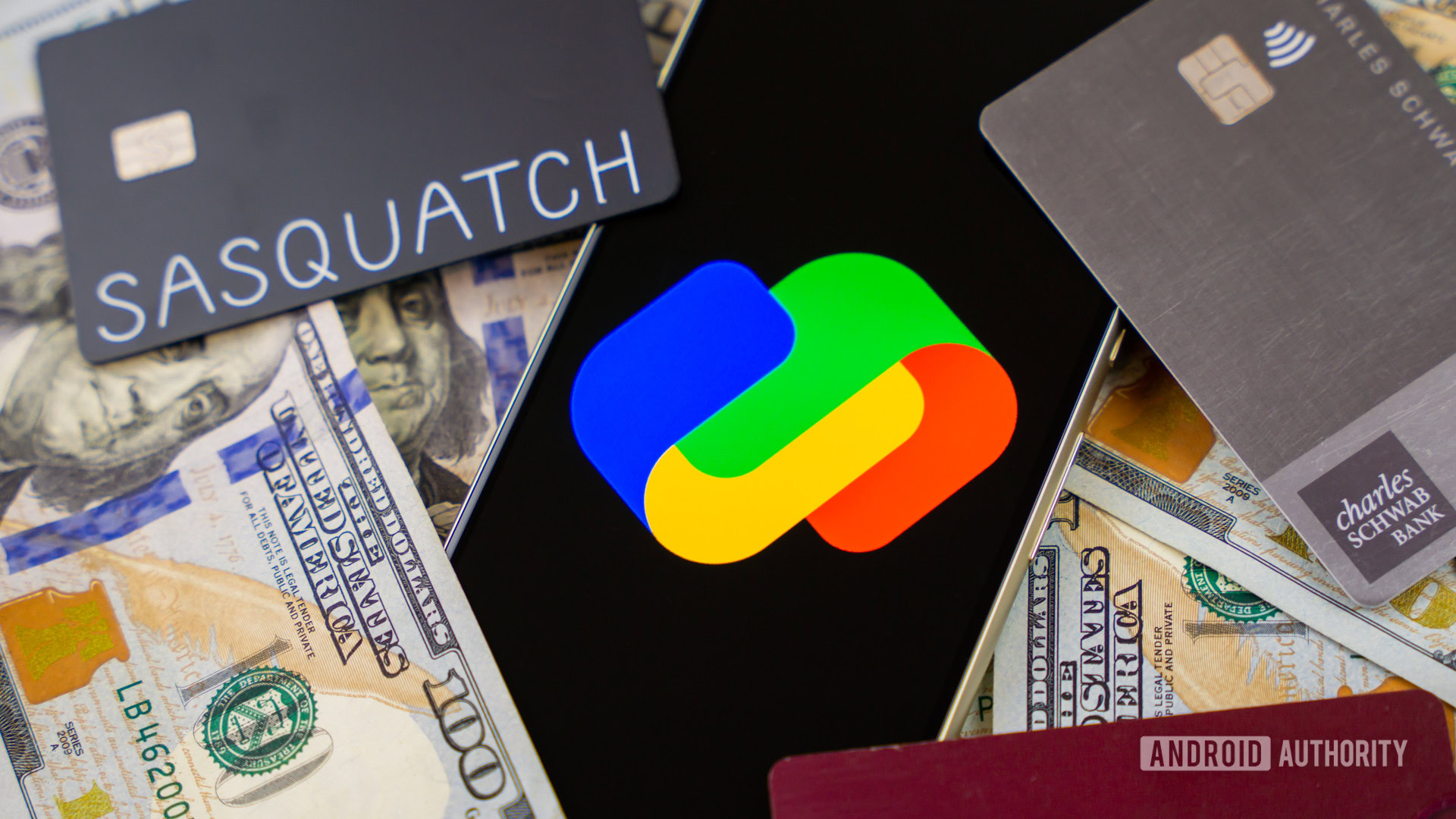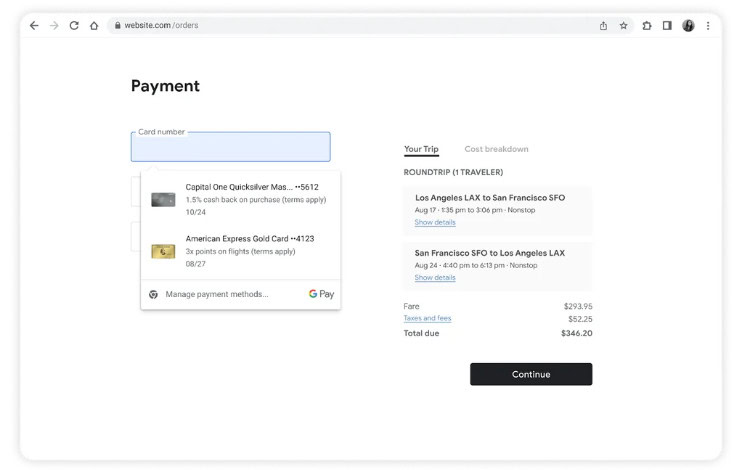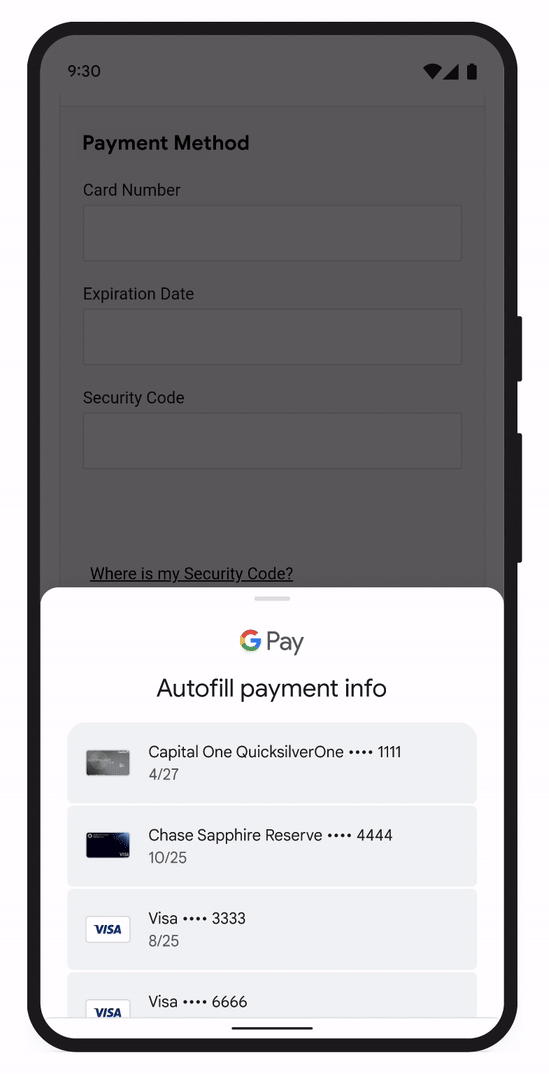Affiliate links on Android Authority may earn us a commission. Learn more.
Latest Google Pay updates aim to simplify your online shopping and checkout experience
Published onMay 22, 2024

- Google Pay will now display relevant card benefits during checkout for select cards.
- The “Buy Now, Pay Later” options are expanding to more online stores and Android apps.
- Autofill in Chrome and Android will now allow users to fill in all card details, including security codes.
Google has announced a series of updates to its online payment platform, Google Pay. This is not to be confused with the Google Pay app, which is used for peer-to-peer payments and is being phased out in the US in June. Both are separate from Google Wallet, a digital storage solution for various credentials. I know; Google *needs* a lesson in intuitive naming.
Nevertheless, the company highlighted three key areas of improvement, addressing user concerns about security, convenience, and smart spending tools.
Card benefits visibility
Among the most notable changes is a new feature that displays relevant credit card benefits during checkout. This feature is currently rolling out for select American Express and Capital One cardholders using Chrome on desktop. It aims to help users make informed decisions by highlighting cashback percentages, point multipliers, and other perks associated with each card. Google plans to expand this functionality to more cards in the future, potentially making it a valuable tool for savvy shoppers.
More BNPL options
Google Pay is expanding its support for “Buy Now, Pay Later” (BNPL) services for US shoppers. This feature, which allows shoppers to split payments into installments, was initially piloted earlier this year with select merchants. Google Pay is now integrating BNPL more broadly across various online stores and Android apps, partnering with providers like Affirm and Zip.
Autofill convenience
Google Pay is enhancing the autofill feature in Chrome and Android to expedite the checkout process. Now, instead of manually entering your card information and security code, you can choose to autofill all details, including the security code, by using your device’s existing unlock method (fingerprint, face scan, or PIN).
For added security, users can opt to set up device unlock, which requires unlocking your device before Google Pay reveals the full card details. The company claims that Google Pay may still require manual security code entry in certain situations, such as when suspicious activity is detected.
Overall, these enhancements aim to make Google Pay a more user-friendly and secure payment option for online shoppers. Whether Google’s security measures will adequately protect sensitive card data remains to be seen.

